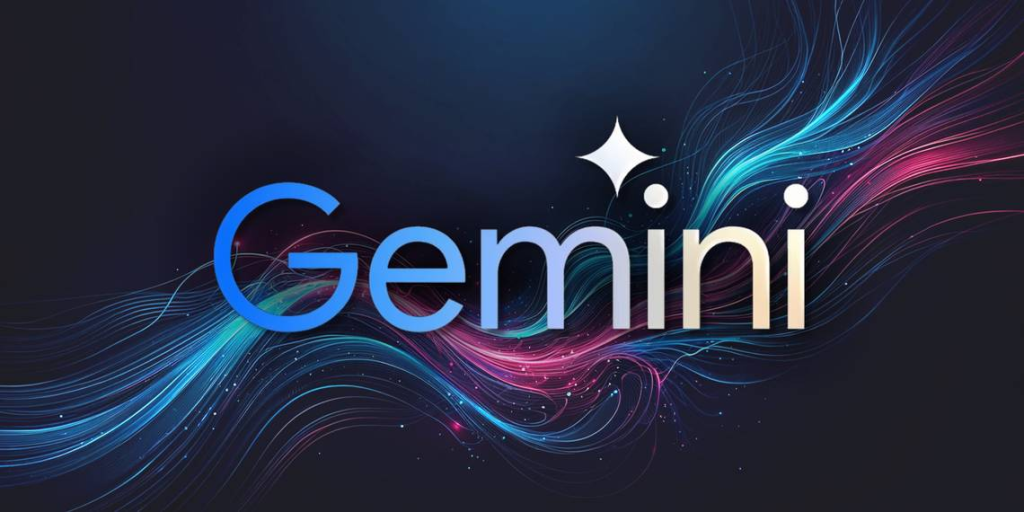Google announced on Friday that it is expanding Gemini’s latest in-depth research mode to support 40 additional languages. This feature, introduced earlier in December, provides users of the Google One AI Premium plan access to an AI-driven research assistant capable of creating detailed reports.

What is Gemini’s In-Depth Research Mode?
The in-depth research feature operates as a multi-step tool that simplifies complex research tasks. It begins by creating a research plan, gathers relevant information, and iteratively refines its findings through repeated searches. Finally, it synthesizes the information into a comprehensive report. This process enables users to delve deeper into topics with minimal effort.
>>> A2681 for Apple MacBook Air 13 M2 2022 661-26150
Supported Languages
Gemini’s expanded language capabilities now include:
Arabic, Bengali, Chinese, Danish, French, German, Gujarati, Hindi, Indonesian, Italian, Japanese, Kannada, Korean, Malayalam, Marathi, Polish, Portuguese, Swahili, Spanish, Tamil, Telugu, Thai, Ukrainian, and Urdu.
This diverse range aims to make Gemini accessible to a global audience, enhancing its utility across cultures and regions.
Challenges in Multilingual AI Research
While Gemini’s language expansion is significant, the process of providing accurate and grammatically correct summaries in native languages remains challenging. According to HyunJeong Choe, Google’s Director of Engineering for the Gemini app, the primary hurdle lies in sourcing reliable data in various languages and ensuring the AI summarizes it accurately.
Key Challenges:
- Factual Accuracy:
Generative AI often struggles with factual consistency, especially when processing information in languages with limited reliable data sources. - Grammar and Syntax:
Summarizing information in native languages without grammatical errors is a complex task requiring advanced linguistic understanding. - Native Language Biases:
Translating or summarizing content in culturally sensitive and accurate ways demands careful training and testing.
How Google Addresses These Issues
Google has implemented several strategies to improve Gemini’s performance in multilingual contexts:
- Data Training with Native Sources:
The model is trained using clean, trustworthy datasets in each language, ensuring the integrity of the information. - Search-Grounded Responses:
Gemini relies on Google Search for additional context and grounding, making its findings more reliable. - Native Evaluations:
Before releasing updates, Google conducts evaluations and fact-checking in each target language. - Quality Assurance Programs:
Local teams and native speakers review datasets and responses to maintain accuracy. Jules Walter, Gemini’s Product Lead for International Markets, highlighted the importance of testing programs that incorporate feedback from native perspectives.
>>>21-54348-02 for Symbol PDT6800
Choe acknowledged that factuality—ensuring the information is correct—is an ongoing research challenge in generative AI. Although pre-trained models have a vast repository of knowledge, they need to be refined to use that information effectively. Google is continuously training Gemini to handle information more reliably.